TIME誌のオンライン版に寄稿された記事でコロナウィルスの日本の対応を肯定的に取り上げている記事があったので翻訳してみました。記事を書いている、Ian Bremmer氏は、アメリカの政治学者でアジアに関して造詣が深いことで知られています。彼のことを、World Economic Forumや、Intelligence Squaredのディベートのプレゼンターとして何度も見ていますが、いつ見ても英語の勉強の良い教材になるのでおすすめです。https://www.intelligencesquaredus.org/debates/china-does-capitalism-better-america
英文
Americans now grappling with COVID-19 may believe Asia’s experience offers hope in the form of a glimpse at a postviral world. After all, this was the region where the virus began –and is therefore the first to recover. Unfortunately, that’s not quite what’s happening.Take Japan, where in early April, a new surge in confirmed coronavirus cases forced Prime Minister Shinzo Abe to declare a state of emergency. This in a country where face masks are part of daily life in large cities even in normal times and there is much higher confidence in warnings from public officials than in the U.S.
The one-month emergency declaration will empower Tokyo Governor Yuriko Koike and governors of other prefectures with large cities to take urgent steps to contain the COVID-19 spread, such as calling for diligent social distancing, banning large gatherings, requisitioning land and buildings for use as hospitals, and asking residents to shelter at home.
The Prime Minister’s decision wasn’t an easy one. Japan’s economy already faces significant stress, particularly because postponement of the Olympic Games will cost the country. But Abe must confront the same dilemma now facing political officials around the world: how to find the most effective way to accept severe economic pain now in order to save large numbers of lives and avoid greater economic calamity.
He faces another problem: Japanese law won’t permit the kind of lockdown we’ve seen in China. As in other democracies, local officials can arrest people for hoarding critical supplies and take over buildings for medical use, but they won’t fine or detain otherwise law-abiding citizens for gathering or leaving their homes. They must simply hope the public will take their admonitions seriously.
Abe also hopes that limiting the emergency declaration to a month will limit the economic losses. Only time will tell. If these measures fail, and the surge in new cases continues, Abe knows he’ll face the wrath of those who called on him to act sooner and much more forcefully.
Within hours of his emergency declaration, Abe moved to stimulate the economy. Japan’s nearly $1 trillion package reportedly contains more than $350 billion in new government spending. Will it be enough? It’s far too early to know. And will this money arrive in time for the embattled businesses and households that need it most?
Finally, Abe, like President Trump, wants voters to reward his efforts. If the Japanese public believes that he has acted wisely, that Japan’s economy has weathered the storm, he might call early elections later this year.
Japan is not the only Asian state facing renewed pressures. A resurgence of confirmed cases in Singapore, Hong Kong, South Korea and Taiwan has forced tougher rules on social distancing. On April 3, Singapore’s government closed all schools and most businesses for a month. South Korea, the country touted as the most successful in “flattening the curve,” has announced tough new travel policies. As of April 1, anyone who wants to enter the country must sign a document before boarding their flight that commits the passenger to a 14-day quarantine inside a South Korean government–designated facility.
For all these reasons, Americans and Europeans should look toward Asia not for hope but for insight into how best to manage the second wave of cases. Because in Asia, as elsewhere, the COVID-19 traffic light will flash yellow many times as it moves from red eventually to green.
https://time.com/5818228/japan-coronavirus-response/?xid=tcoshare
日本語訳参考例
現在、COVID-19に取り組んでいるアメリカ人は、アジアの経験がウイルス終演後の世界を垣間見るという形で希望を与えていると信じているかもしれません。結局のところ、アジアこそがウイルスが始まった地域であり、そのために最初に回復する地域になるでしょう。。いいえ、残念ながら、それは実際に起こっていることではありません。日本を例に取りましょう。4月の初めに確認されたコロナウイルス症例の新たな急増により、安倍晋三首相は緊急事態を宣言することを余儀なくされました。日本ではフェイスマスクが大都市圏で日常生活の一部となっている国で、また、米国と比べて公務員からの警告に対する信頼がはるかに高い国でもあります。
1か月の緊急宣言により、小池百合子都知事および大都市圏のの他の県の知事は、念入りな社会的距離を取ることの呼びかけ、大規模な集会の禁止、土地や建物の使用の要求して病院などへの転用、もしくは、住民に自宅待機を促すことで、COVID-19の拡散を阻止するための緊急措置をとることができます。
首相の決定は簡単なものではありませんでした。日本経済は、特にオリンピックの延期により国が犠牲になるため、すでに大きなストレスに直面しています。しかし、安倍首相は、現在世界中の政治当局者が直面しているのと同じジレンマに直面しなければなりません。大量の命を救い、より大きな経済的混乱を避けるために、今深刻な経済的苦痛を受け入れるのに最も効果的な方法を見つける手段です。
彼は別の問題にも直面しています。日本の法律は中国で見られたような封鎖を許可していません。他の民主主義国家と同様に、地方当局は重要な物資の買いだめのために人々を逮捕し、医療向けの使用のために建物を接収するこことができます、しかしながら、外出したり、集会に参加したからと言って善良な市民をに罰金を科したり、拘束したりすることはありません。彼らは、国民が警告を真剣に受け止めることを単に望む必要があります。
安倍首相はまた、緊急宣言を1か月に限定することで、経済的損失が抑制されることを期待しています。結果は時間だけが教えてくれます。これらの措置が失敗し、新たな感染者の急増が続く場合、安倍首相は、より早く、強制力を伴った行動を彼に要求した人々の怒りに直面することを知っています。
安倍首相は緊急宣言から数時間以内に、経済を刺激するために動きました。伝えられるところによると、日本の1兆ドル近くのパッケージには、3500億ドルを超える新しい政府からの支出が含まれています。それで十分なのでしょうか?それを知るには時期早々でしょう。そして、これらのお金はそれを最も必要とする追い詰められた企業や世帯にきっかりに届くでしょうか。
最後に、安倍首相はトランプ大統領のように、有権者たちに彼の努力を認めてもらうことを望んでいます。もしも日本の国民が、彼が賢明に行動した結果、日本の経済が嵐を乗り越えられたと信じることがあれば、今年の後半に早めの解散選挙を問うかもしれません。
新たな圧力に直面しているアジアの国は日本だけではありません。シンガポール、香港、韓国、台湾で確認された症例の再燃は、社会的距離に関するより厳しいルールを余儀なくされています。 4月3日、シンガポール政府はすべての学校とほとんどの企業を1か月間閉鎖しました。 ”増加曲線の平坦化” で最も成功した国として売り込んでいる韓国は、新しく厳しい旅行政策を発表しました。 4月1日以降、入国を希望する場合は、搭乗前に韓国政府指定施設内で14日間の検疫待機を行うことに同意する文書に署名する必要があります。
これらすべての理由から、アメリカ人とヨーロッパ人は、希望ではなくて、アジアに目を向けるべきであり、これらのケースの第二波を管理するための最善の方法についての洞察を得るべきです。アジアでは、他の場所と同様に、COVID-19の信号機は、最終的には赤から緑に変わる前に何度も黄色に点滅します。
英単語
grappling with = 取り組み、取組
glimpse = 一見、ひと目、ちらりと見えること
surge = 大波、うねり、急上昇
requisitioning = (特に軍隊などによる)徴発、徴用、接収、(…の)徴発令(書)
postponement = 延期、後回し
calamity = 大きな不幸、惨事、悲惨(な状態)、惨禍
hoarding = 秘蔵、退蔵、蓄積、買いだめ、蓄積物
admonition = 説諭、訓戒、警告
wrath = 激怒、憤り
embattled = 戦備を整えた、布陣した、狭間(はざま)胸壁のある、敵(軍)に包囲された、(絶えず)悩まされる、いやな思いをさせられる
weather = 切り抜ける、しのぐ
resurgence = 再起、復活
touted = うるさく勧める、押し売りする
flatten = (…を)平らにする、(…に)うつぶせになる、(…に)へばりつく、気力をそぐ、打ちひしぐ、の調子を下げる


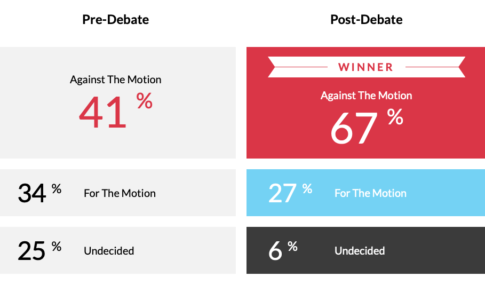
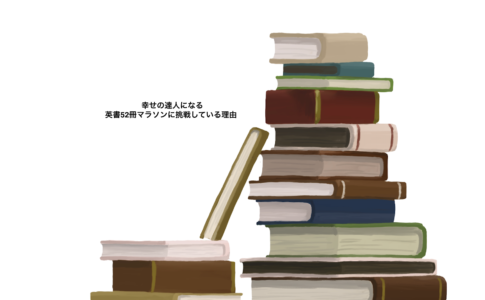
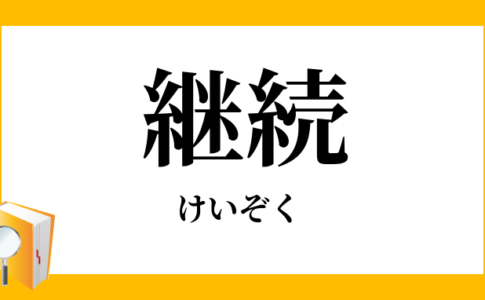
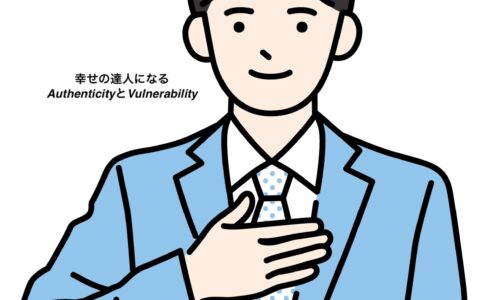
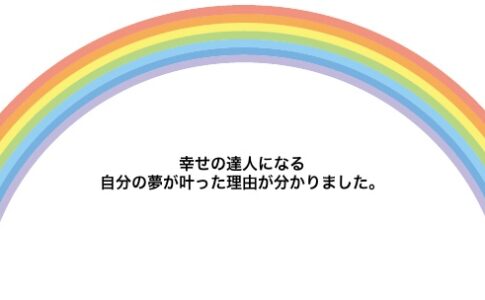
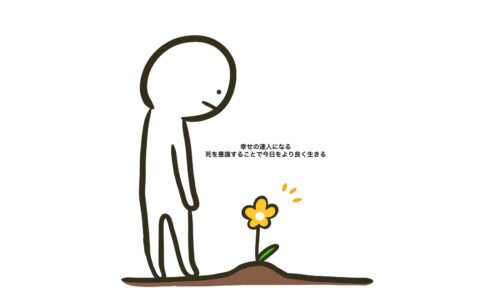
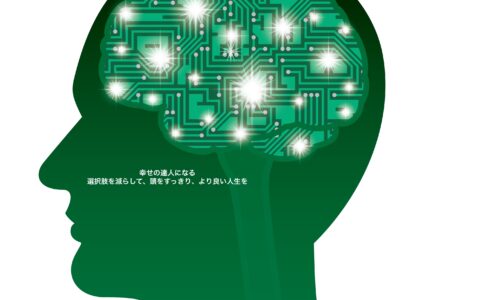

コメントを残す